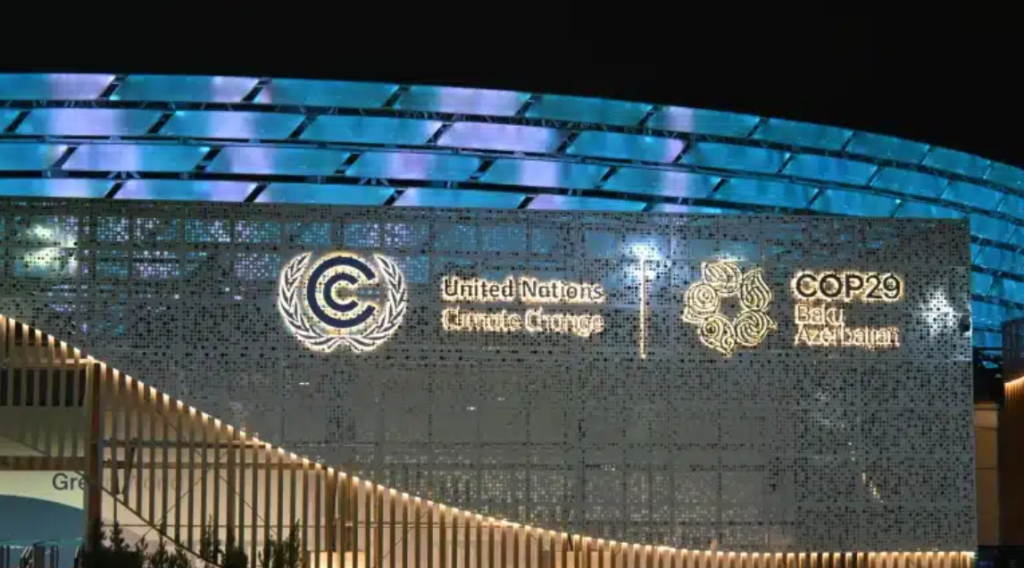The recent summit marked the 29th annual United Nations climate conference, where a significant agreement was reached regarding the establishment of a global carbon market. This initiative aims to introduce financial mechanisms for trading carbon emissions—essentially monetizing carbon dioxide emissions. The deal includes a pledge from Western governments to transfer $1.3 trillion annually by 2035 to developing nations as “climate reparations” for perceived damage inflicted by their emissions. Critics have decried the deal as another dubious scheme that serves to fill the pockets of corrupt governments and climate profiteers rather than effectively addressing climate issues.
Under this arrangement, approximately $300 billion will be allocated immediately in grants and low-interest loans for climate reparations, marking a substantial increase from previously promised amounts. The financial support is presented as crucial to accelerating climate action in developing nations. COP29 leaders, particularly Yalchin Rafiyev of Azerbaijan, claimed that this carbon market scheme would make implementing climate action plans faster and more economical, although skeptics question its ultimate effectiveness.
UN Secretary-General António Guterres and other officials expressed hope that the partnership would lay a foundation for future progress in climate diplomacy, highlighting the importance of collective commitment to see financial pledges fulfilled. Guterres specifically urged that all commitments convert into immediate financial outcomes, stressing “multilateralism” as a pathway toward addressing the climate crisis. However, the aspirations for a more ambitious climate agreement remain, with some leaders acknowledging that this deal merely serves as a foundation.
Despite these optimistic declarations from UN officials, there is considerable tension surrounding the commitments. The looming potential re-election of Donald Trump has left many COP29 attendees apprehensive about the future of U.S. involvement in UN climate initiatives. Trump’s previous statements on climate change being a “hoax” and calls to withdraw from international climate commitments underscore a stark divide in climate policy positions, adding further uncertainty over the agreed financial commitments.
Developing nation representatives expressed dissatisfaction with the package’s financial allocations, deeming it insufficient to tackle the challenges they face in combating climate change. Critiques of the agreement’s terms from representatives of various states showcased a common narrative among Third World nations: they anticipated extensive investment that surpasses what was pledged. Activists also voiced indignation, arguing that the deal lacked the essential justice they sought and emphasized the need for financing that does not burden vulnerable economies with debt.
As critics continue to question the effectiveness and ethics of the financial flows associated with climate agreements, the potential for significant portions of the funds to be diverted into the pockets of corrupt leaders raises red flags. Observations from organizations concerned about climate justice underscore a skepticism about the potential utility of the funds in genuinely combatting climate change. In light of this, CO2 tax and regulations approaches have been broadly condemned by certain factions, suggesting that the geopolitical climate surrounding these discussions could escalate tension rather than create solutions. The outcome of COP29 thus sets the stage for ongoing debates about climate action strategies as the situation evolves toward further negotiations in subsequent conferences.

